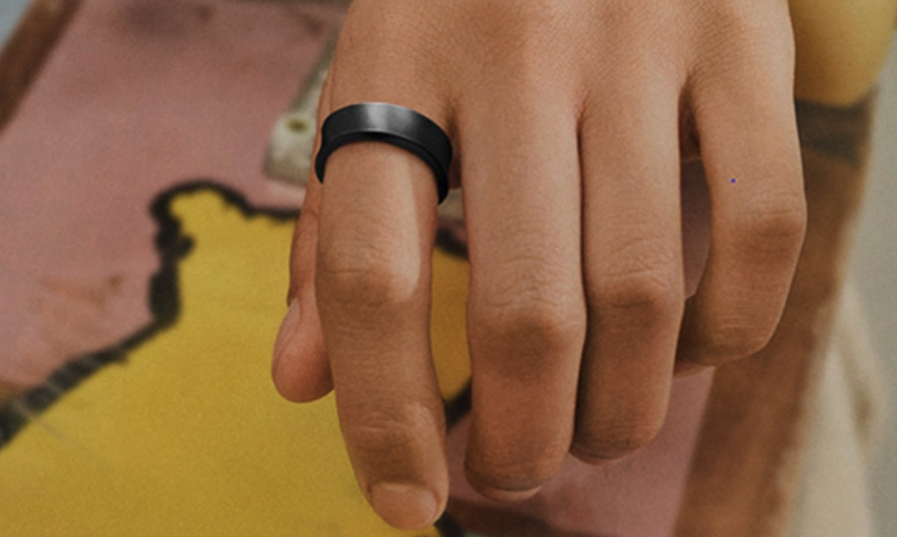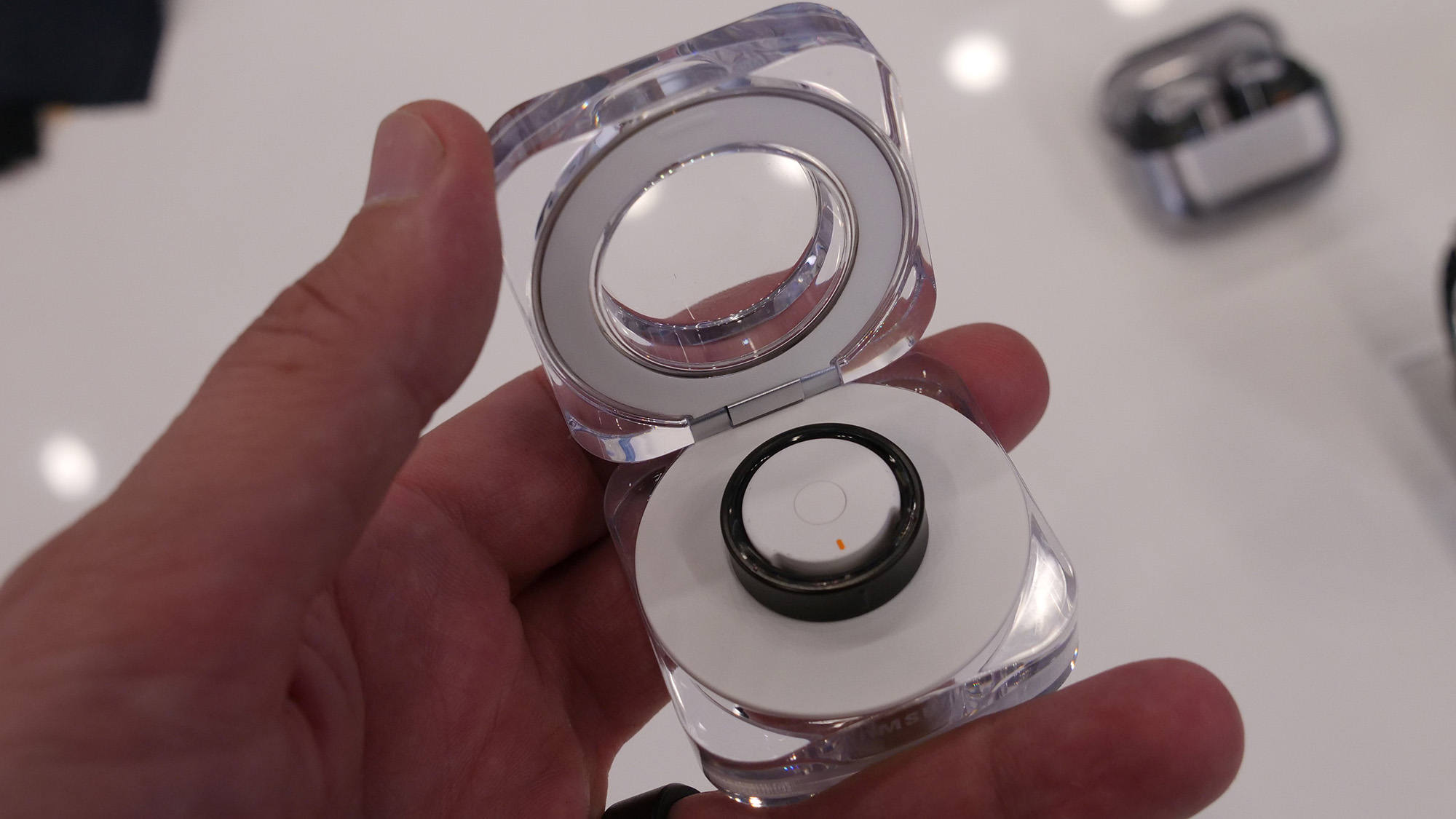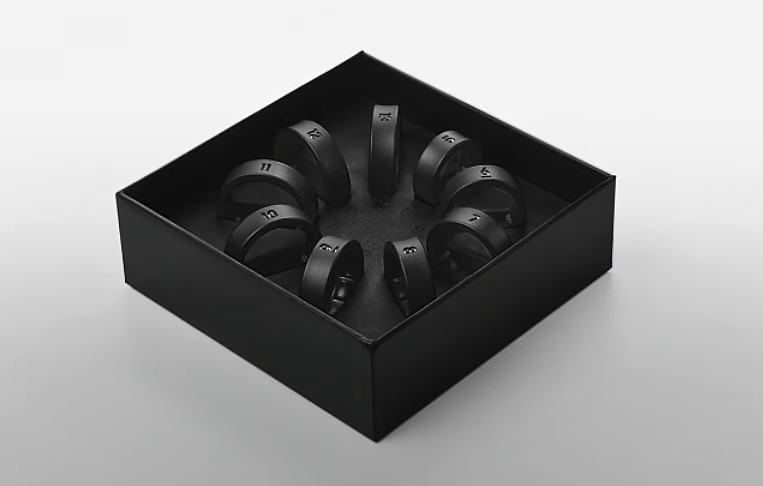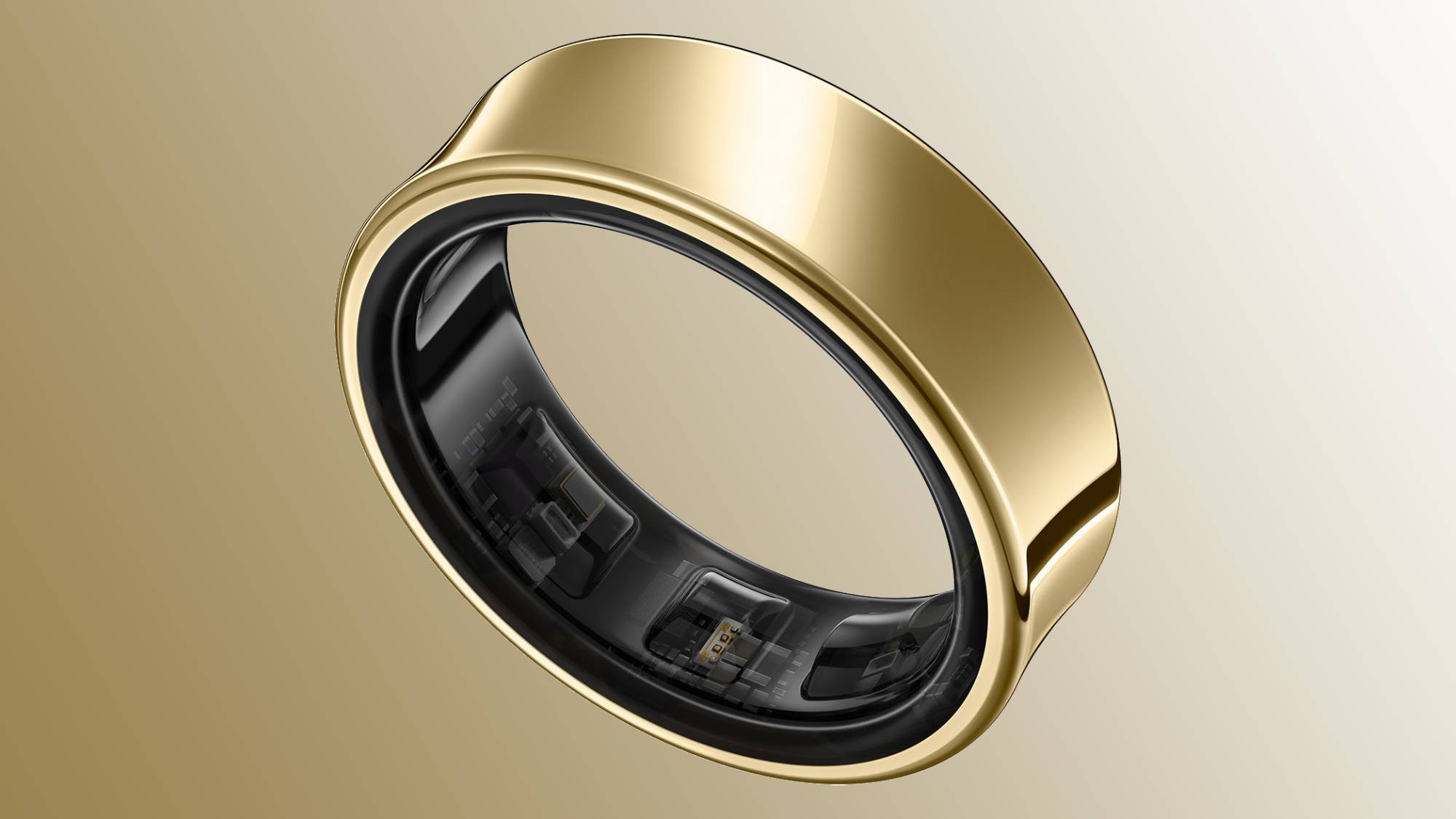
The Samsung Galaxy Ring made its official debut on Wednesday at the Samsung Unpacked event in Paris. This unveiling follows months of hype and speculation about what the tech wearable would offer.
After digging into the specs, one thing is clear: This smart ring — here's the preorder link — has all the makings of a must-have device for activity-tracking enthusiasts.

The Galaxy Ring tracks heavy breathing and snoring while asleep, and if you've used a sleep-tracking app before, the interface in the Samsung Health app is familiar. But if you, like me, are always looking for an advantage when it comes to tracking and measuring sleep quality, a ring may feel like a better tool than a watch for charting your Z's.

While the ring will be released on July 24, it's now available for preorder following Samsung Unpacked, giving us our first chance at experiencing a smart ring made by one of the world's biggest tech companies.
While an executive at Oura, makers of the popular Oura ring, told Laptop Mag earlier this year that the company wasn't concerned with the forthcoming Galaxy Ring, Samsung's entrance into the market has dramatically changed the market itself.
The reason the Galaxy Ring looks to upend the current smart ring market is because it connects to the near-ubiquitous Samsung phones and watches in pockets and on wrists around the world. The latest additions to this lineup — the new Z Fold 6 and Z Flip6 phones and the sporty Galaxy Watch Ultra — were also revealed on Wednesday.

It tracks rest, heart rate, sleep quality, physical activity, and more. Then, it turns those data points into suggestions with Wellness Tips.
Samsung also claims the ring filters out body movement for a more precise pulse reading. It also automatically starts tracking workouts when you begin running or walking.
The interior side of the ring, called a band or shank, has three sensors: an accelerometer that automatically tracks walking or running, an infrared temperature sensor (helpful for tracking how your body temperature changes during sleep), and a bioactive sensor that monitors your heartbeat.







